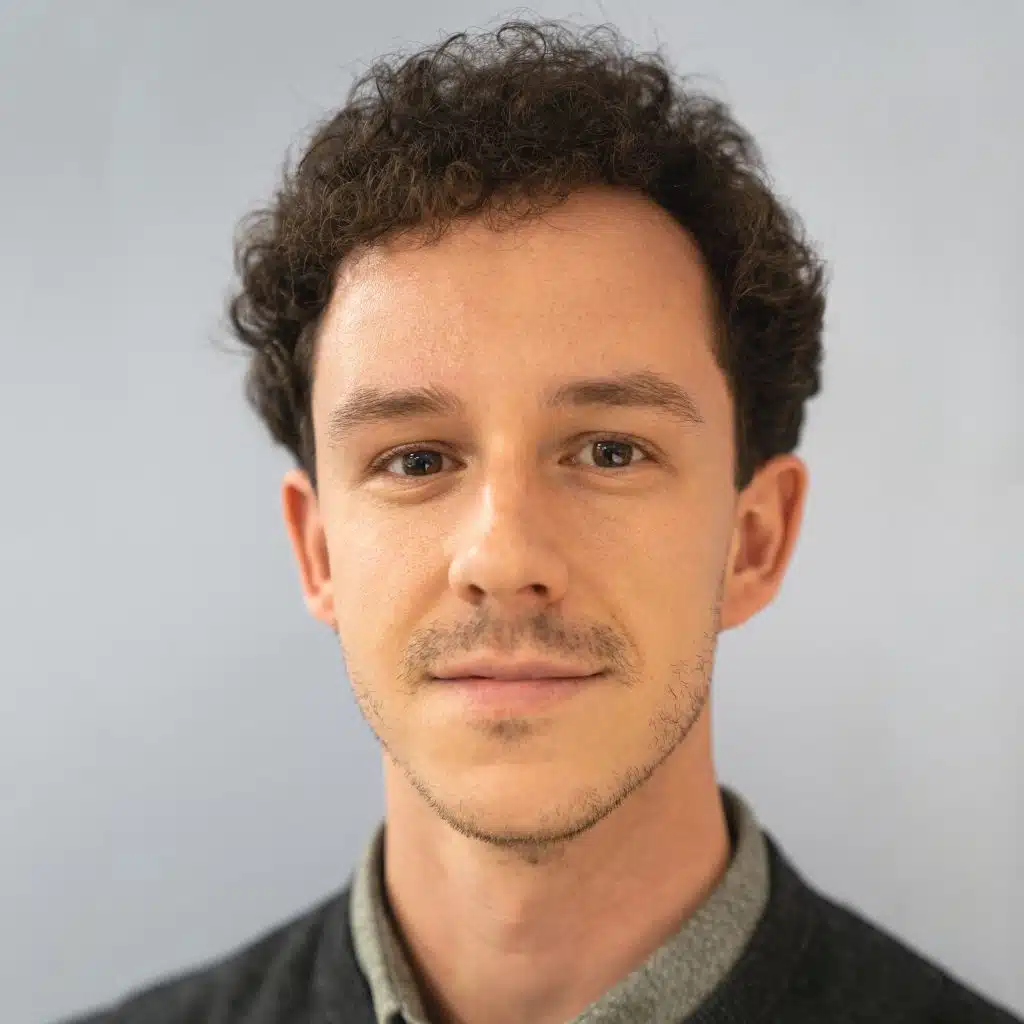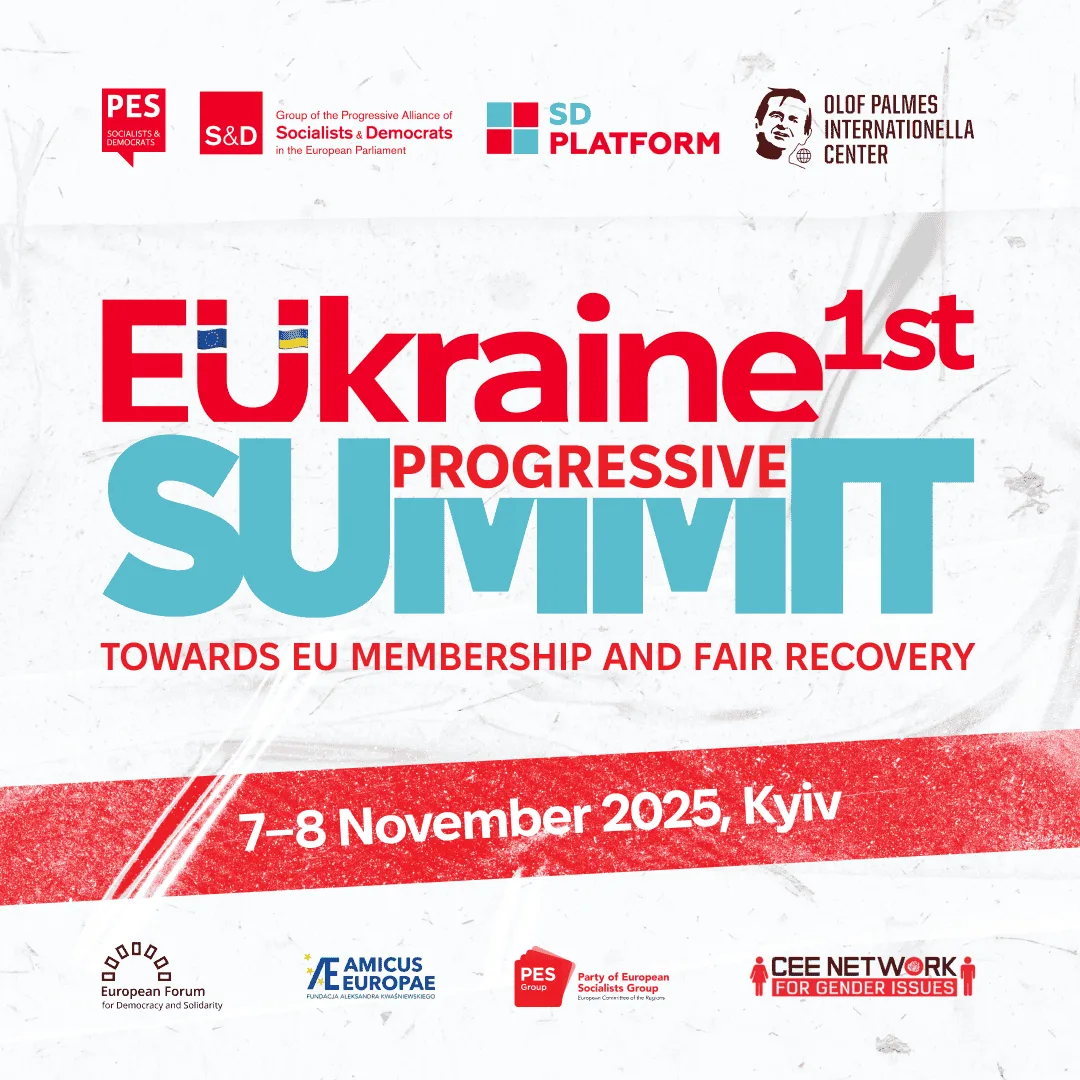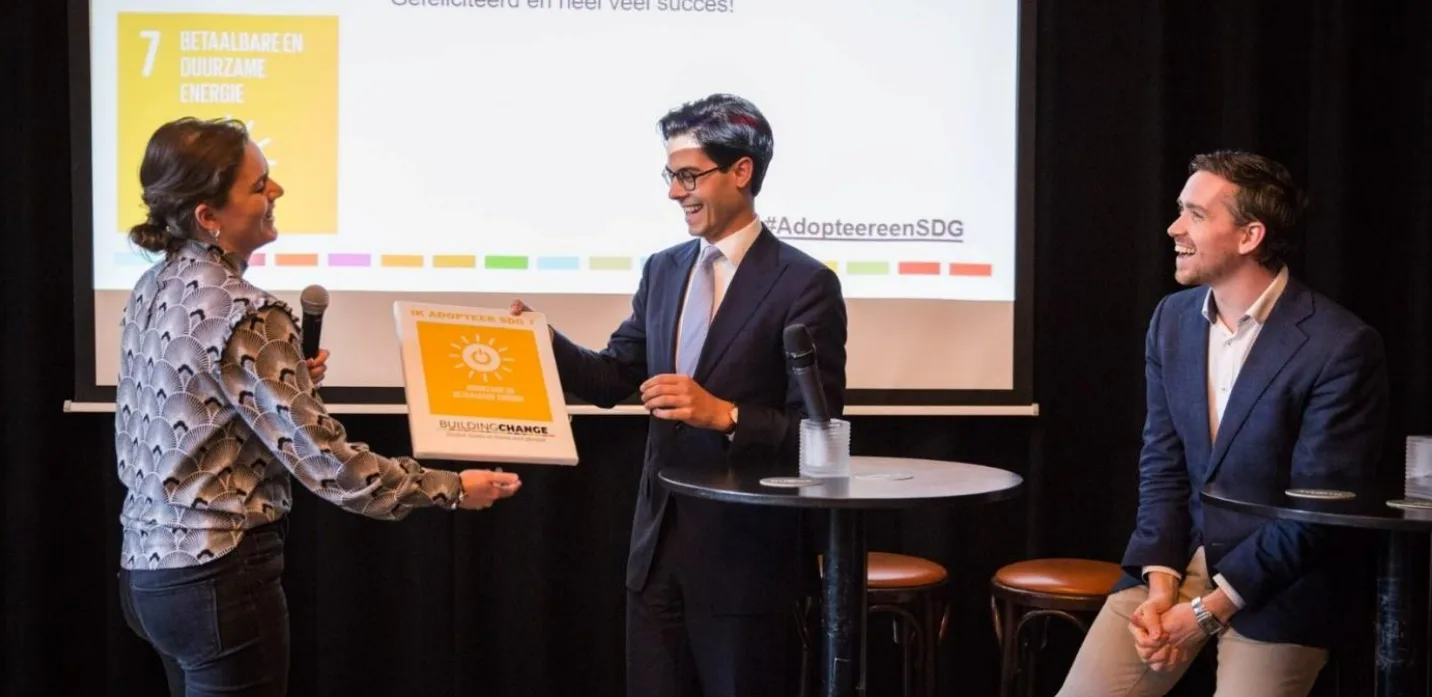Interview with Jaron Liplijn by Tirza van Willigenburg and Max Landheer
After working at FMS for five years, Jaron Liplijn decided it was time for a new adventure in the Spanish sun. This summer he is swapping Amsterdam for Valencia. Of course, we cannot let his departure go by without asking how he experienced the past 5 years at FMS.
Describe the FMS in 3 words:
Solidarity, activists, empowerment.
You are going to move abroad for a year, (permanent or otherwise). What will you miss most about the Netherlands and your hometown of Amsterdam?
I think I will miss my friends and family the most. Also the typical Dutch food, for example good Gouda cheese and the Dutch snacks, like bitterballen. Even though I did see that there is a Dutch bar in Valencia where you can get things like that. So I think if I'm homesick I'll go there from time to time.
What are you looking forward to in the coming year?
What I am looking forward to is having the space to explore lots of new things. I want to learn Spanish, integrate there and play more sports. I think I will become more like a student again, back in school.
Are you going to take advantage of siestas?
Haha, maybe yes, precisely because the habits there are so different with when you eat. Because you actually have your dinner late, that also makes the day feel much longer. But a siesta after lunch is indeed quite appealing.
What will you miss most about the FMS?
I'm going to miss so many things about FMS. But I still think mostly the team, which is a small close-knit club. At the same time, I will also miss how special this work is partly because of the partnerships in so many different countries. They are very special collaborations and friendships.
Which trip on behalf of the FMS has stayed with you the most and why?
I then think of one of my first trips to Jordan for regional training. I had flown to Jordan with a Dutch trainer and another British trainer was supposed to come. But he had fallen ill at the very last minute and so had not boarded the plane. I was quite new at the time and was only there for support. Then I did the training with the Dutch trainer. It was a bit scary but also very instructive to suddenly find myself in front of a group as a trainer when I had little experience. I think that is actually the best way to learn.
Which training did you like/interest you most?
One of the best training sessions was in Lebanon where I went as a trainer myself. We had a very good experienced group then. We then developed campaigns for small-scale actions. The quality of it was so good and everyone was so enthusiastic that I thought we are doing something here that can also be implemented like that. And Beirut is a fantastic city.
What are the most important lessons you have learnt working within this field?
One of the most important lessons I have learnt is to be patient and seek compromise. Sometimes partners or organisations we work with have different interests or a different view on how a project should be put together, for example. I think that we as FMS have a bit of a bridging function in that as well.
The Corona crisis has had a huge impact on the MENA region. How do you see the near future for these countries?
I don't want to be pessimistic but I do think there are a lot of challenges for actually all the MENA countries where we operate. In Morocco and Jordan, you see that COVID has been abused by the government to restrict rights, which has also affected our partners. In Tunisia and Lebanon, political parties are ideologically stronger and more developed, but I see that it is difficult to jump over one's own shadow. Going back to what I just said about seeking compromise, it feels like that is now a lacking in those countries and that does not benefit the country's development. At the same time, I see motivated young people in all countries wanting change, demanding change, and not just using politics for that.
You've already started to talk about it a bit but what will it take to end the endless political crisis in Lebanon?
What I think is needed in Lebanon is that it is really about policy, about the future of the country. What needs to be done to move the country forward? And that it is no longer about personal interests, who controls what ministry. There are substantive differences but they are not currently blocking the formation of a government. Those are the puppets. It is sad to see how far the situation in Lebanon has to deteriorate before that realisation dawns on Lebanon's political leaders.
Out of the past five years, what are you most proud of?
What I am most proud of is seeing that former participants of the projects and trainings I organised now have leadership roles in their youth organisation or in their party. And that they themselves are coming up with ideas for new trainings and networking with each other. I hope that what I organised contributed to this, that it really helped them in the sense of gaining skills and making contacts within their own party but also with people from other countries and from other parties.
We would like to thank Jaron very much for everything he has done over the past 5 years. We are going to miss him a lot but wish him the best of luck with his new adventure in Spain!




